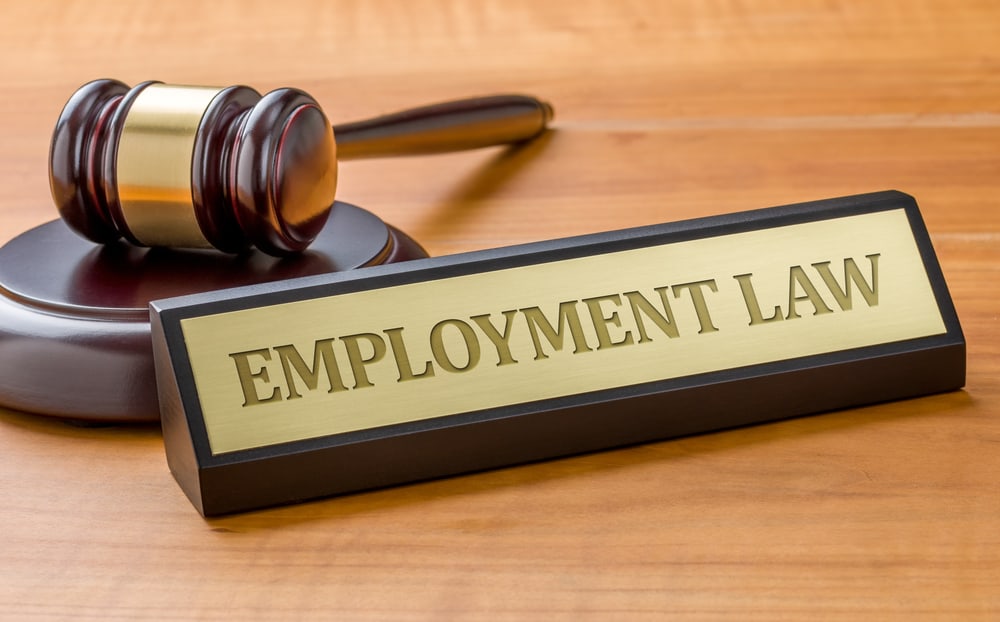
On August 2, 2023, the National Labor Relations Board (“NLRB”) issued its decision in Stericycle, Inc., in which the NLRB adopted a stricter legal standard for evaluating the lawfulness of workplace rules and policies under the National Labor Relations Act (“NLRA”). Although many employers may think of the NLRA as a law that applies only to union employees, Section 7 of the NRLA applies to nearly all non-supervisory employees in the U.S., protecting their right to engage in concerted activity for mutual aid and protection. Under the right circumstances, Section 7 protects a wide range of concerted activity, including communicating about wages, hours, working conditions, and other terms and conditions of employment with coworkers, union representatives, and even the media.
The new Stericycle standard builds on and modifies a “pro-employee” standard that was set out in a 2004 decision called Lutheran Heritage, which the NLRB applied until 2017. In Lutheran Heritage, the NLRB held (among other things) that employers violated the NLRA by maintaining workplace rules if the rules would be “reasonably construed” by an employee to prohibit or restrict the exercise of Section 7-protected conduct. In 2017, the NLRB overturned Lutheran Heritage with its Boeing Company decision and set forth a seemingly “employer-friendly” test of the validity of employee workplace rules. Under Boeing, the NLRB balanced two factors against each other when evaluating the lawfulness of a workplace policy: (1) the nature and extent of the rule’s potential impact on employees’ NLRA rights, and (2) the employer’s legitimate justifications for the rule. Boeing also established categorical approaches to certain work rules, under which some rules would always be considered facially lawful and had no requirement that a rule be narrowly tailored to serve the employer’s legitimate interests in having the rule.
The recent Stericycle decision overturned the 2017 Boeing decision and constitutes a return to a stricter, more employee-friendly standard. Under Stericycle, the NLRB first considers whether a rule or policy has a reasonable tendency to chill an employee who is subject to the rule or policy, is economically dependent on their employer, contemplates engaging in Section 7 activity, and is a layperson (i.e., not a lawyer), from exercising their Section 7 rights. If so, then the rule or policy is presumptively unlawful. The employer may then rebut this presumption by proving that the rule advances a legitimate and substantial business interest and that the employer is unable to advance such interest with a more narrowly tailored rule. If the employer successfully makes this showing, then the challenged rule will be found lawful.
The Stericycle burden-shifting standard will be applied on a case-by-case basis, where the NLRB should examine (1) the specific wording of the rule; (2) the specific industry and workplace context in which it is maintained; (3) the specific statutory rights it may infringe; and (4) the specific employer interests it may advance. The NLRB has also stressed that this new standard will be applied retroactively.
In Stericycle, the NLRB expressly criticized the Boeing balancing test for giving too much weight to employer interests. Further, the NLRB found that Boeing condones overbroad work rules by not requiring the party drafting the work rules—the employer—to narrowly tailor its rules to only promote its legitimate and substantial business interests while avoiding burdening employee rights. Both critiques signal a much lower tolerance for potential restrictions on employees’ Section 7 rights. With this new burden-shifting standard, more workplace rules and policies—especially those that were put in place during the more employer-friendly Boeing era—are likely to be found presumptively unlawful.
Significantly, this new standard applies to the maintenance of workplace rules and policies that do not explicitly restrict protected concerted activities and are not implemented in response to protected activities. Naturally, if an employment policy expressly prohibits protected concerted activities the NLRB will find it unlawful. Many employers unknowingly implement unlawful employment policies because they do not understand the scope of employee actions protected by the NLRA. Given this, employers should consult with employment counsel to evaluate whether their existing workplace polies are compliant with the NLRA.

